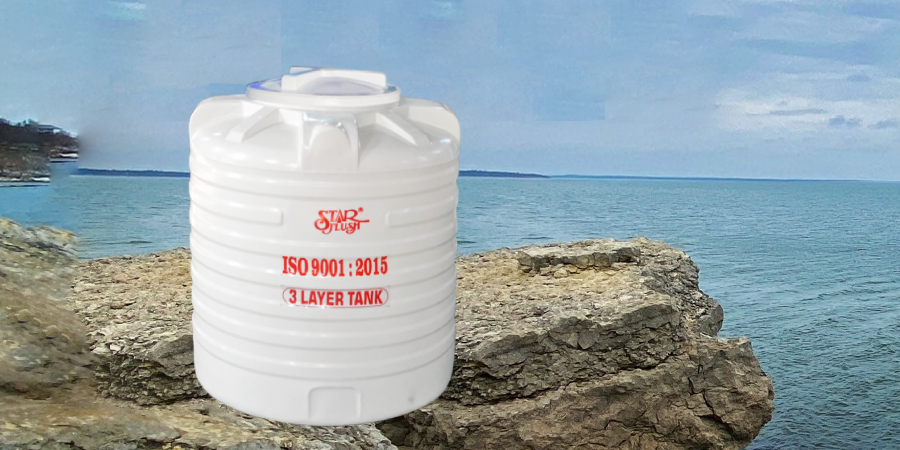
When it comes to water storage solutions, plastic water tanks have become a ubiquitous sight. But why are they so popular? Let's dive into the many benefits that make plastic water tanks the go-to choice for residential, agricultural, and industrial applications.
Lightweight Champions
Plastic's biggest advantage is its weight. Compared to concrete or metal tanks, plastic tanks are significantly lighter. This makes them easier to transport, install, and manoeuvre, even on uneven terrain. For above-ground storage, this reduces the need for extensive reinforcement, saving on time and installation costs.
Corrosion-Free and Rust-Proof
Plastic tanks are impervious to rust and corrosion, a major concern with metal tanks. This is especially crucial for storing rainwater or well water, which can contain minerals that can degrade metal over time. Plastic tanks maintain their integrity for years, ensuring safe and reliable water storage.
Built to Last - Durability You Can Trust
Modern plastic tanks are manufactured using high-quality polyethylene, making them incredibly strong and durable. They can withstand a wide range of weather conditions, from scorching summers to freezing winters. Additionally, they are not prone to cracking or leaking like concrete tanks can be over time.
Safe for Drinking Water
Many plastic tanks are specifically designed for storing drinking water. They are made from food-grade polyethylene, ensuring that no harmful chemicals leach into the water. This makes them a safe and reliable solution for rainwater harvesting or household water storage.
Versatility for Diverse Needs
Plastic water tanks come in a wide range of sizes and shapes to suit various applications. From small tanks for domestic rainwater collection to large industrial tanks for irrigation or fire protection, there's a plastic tank to fit your specific needs.
Easy Maintenance
Plastic tanks are incredibly low-maintenance. Their smooth surfaces resist the build-up of algae or mould, and they can be easily cleaned with soap and water. Unlike metal tanks, they don't require painting or special coatings to prevent rust.
Cost-Effective Choice
Plastic water tanks offer a cost-effective solution for water storage. They are generally more affordable than metal or concrete tanks, especially when considering the lower installation and maintenance costs.
Sustainable Solution
Plastic water tanks can play a role in sustainable water management. They can be used to harvest rainwater, reducing reliance on municipal water supplies. Additionally, they can be recycled at the end of their lifespan, minimising their environmental footprint.
A Modern Choice for Water Storage
Plastic water tanks offer a compelling combination of benefits. Their lightweight design, durability, and resistance to corrosion make them a practical and cost-effective solution for a variety of water storage needs. So, next time you consider water storage solutions, remember the enduring strength and versatility that plastic water tanks have to offer.